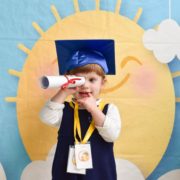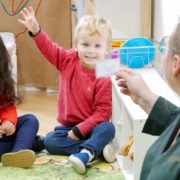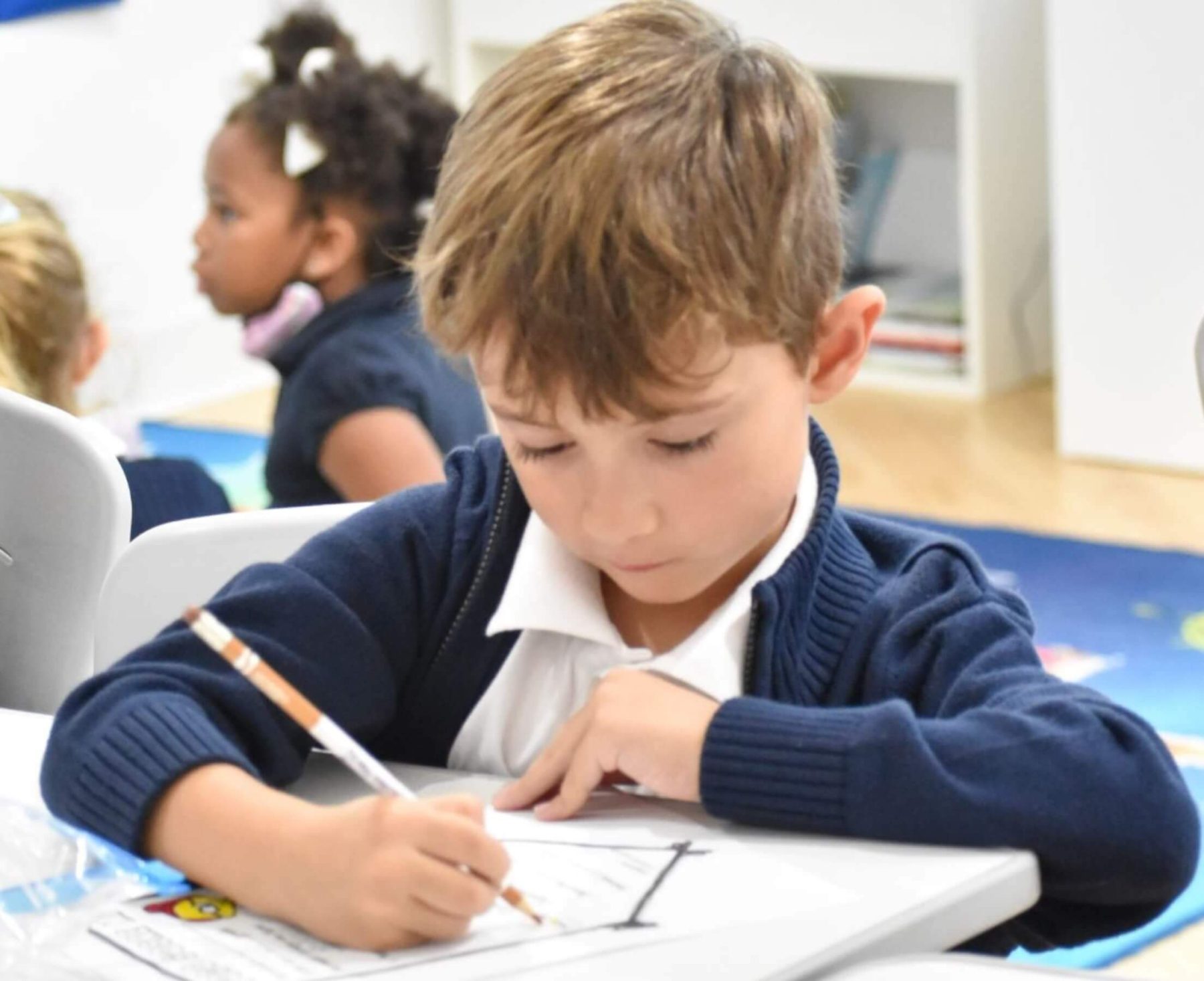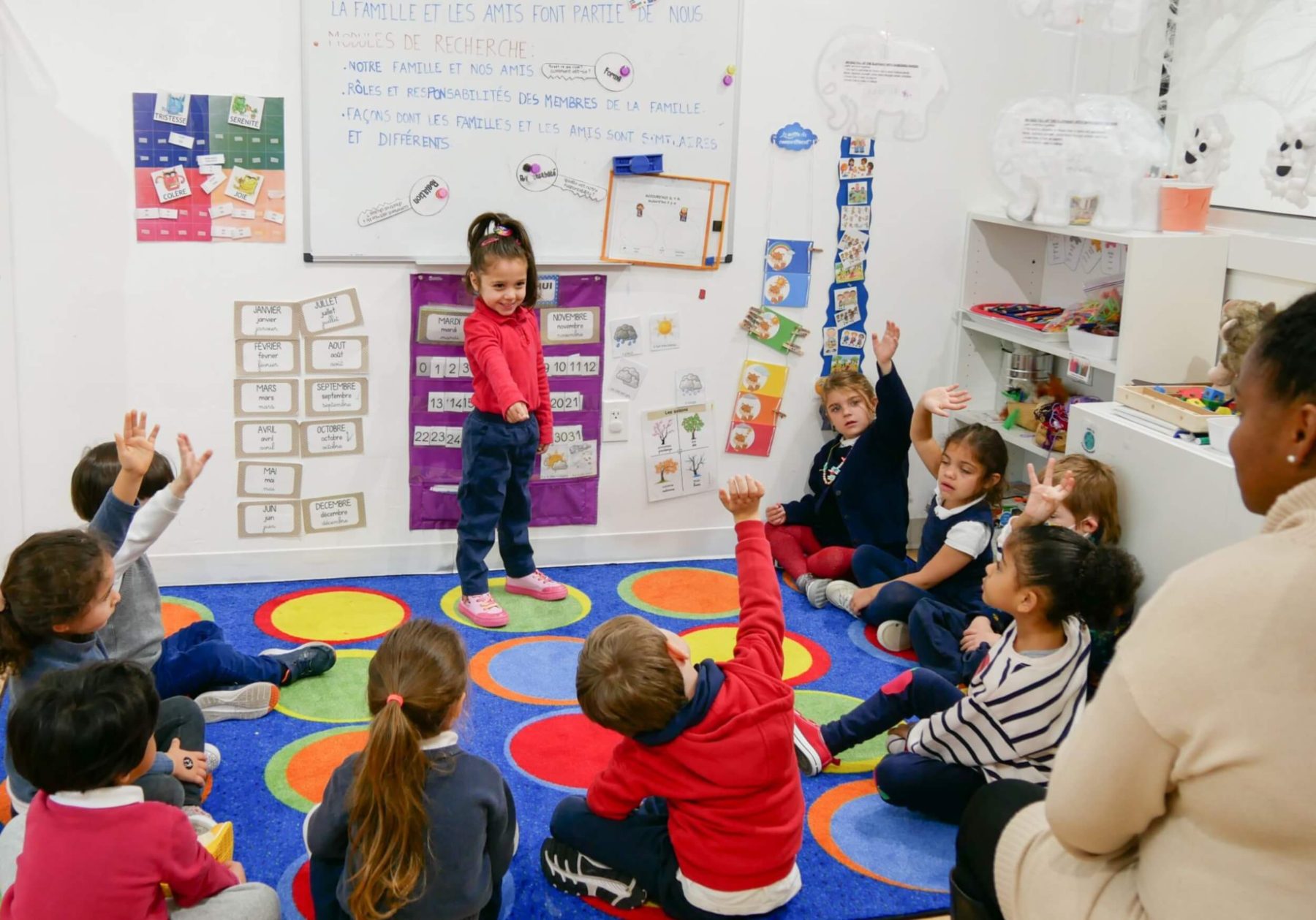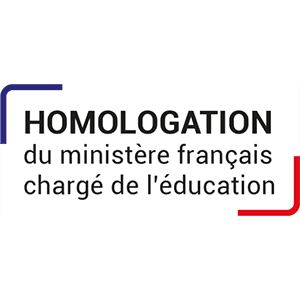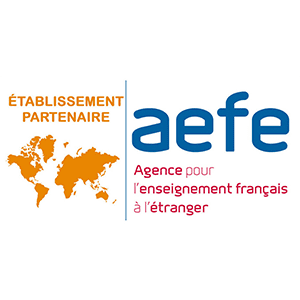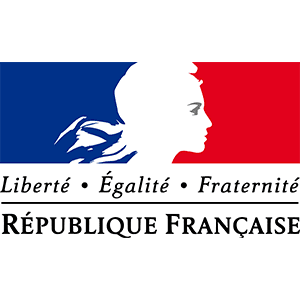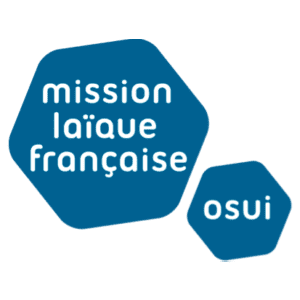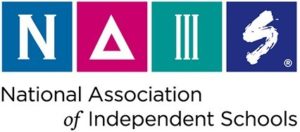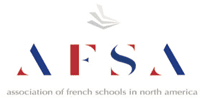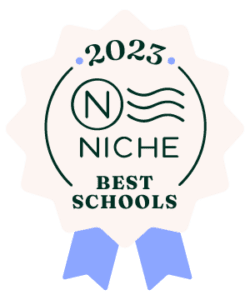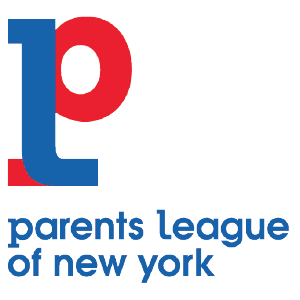Preschool vs. Pre-kindergarten: Similarities and Differences
As you explore early childhood education options for your child, you may encounter terms like “preschool” and “pre-kindergarten” (pre-k). While these terms are sometimes used interchangeably, you may wonder, what’s the difference between preschool and pre-k?
At Tessa International School, we understand the importance of knowing the subtle yet meaningful differences between various educational programs to choose the best one for your child’s developmental stage and learning needs.
This blog post defines preschool and pre-k, highlights their key differences, and explains how our preschool program prepares children for future academic success.
Defining Preschool and Pre-kindergarten
Preschool at our French international school and its other two bilingual tracks, Mandarin and Spanish, is an early childhood education program designed for children aged 2 to 4. It focuses on social, emotional, and cognitive development through play-based learning and structured activities. Preschool aims to nurture a child’s curiosity, creativity, and social skills, laying a solid foundation for lifelong learning.
Pre-Kindergarten, on the other hand, is a program specifically designed for children aged 4 to 5, typically the year before they enter kindergarten. Pre-K emphasizes school readiness with a curriculum that includes early literacy, math concepts, and social skills. The goal is to prepare children for the structured kindergarten environment and beyond.
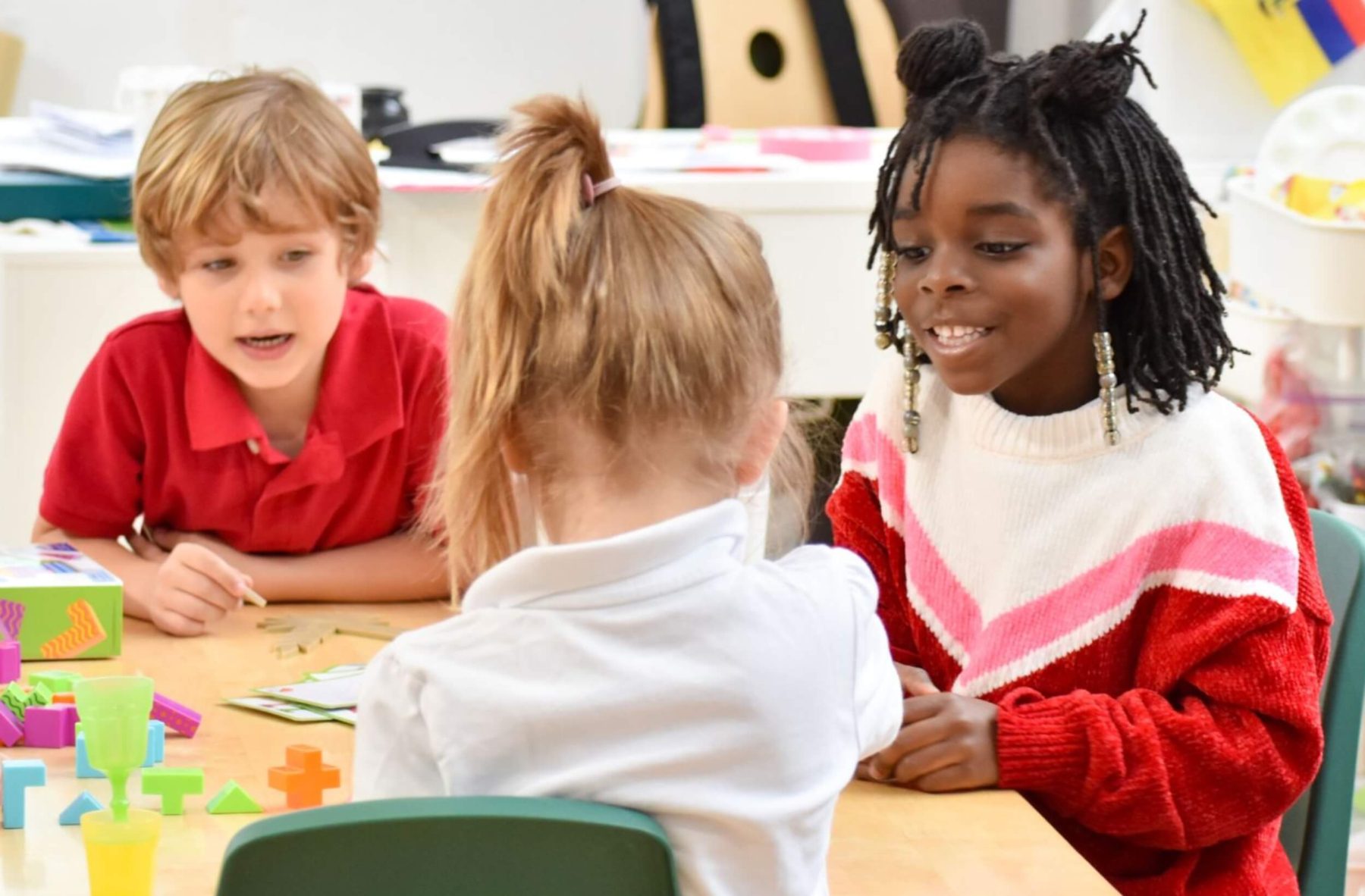
The main difference between preschool and pre-kindergarten is the age of students.
What’s the Difference Between Preschool and Pre-K
What’s the difference between preschool and pre-k? Preschool programs are for younger children, usually between 2 and 4, while pre-k programs are for children 4 to 5. What is the best age to start preschool? Preschool programs are for younger children between ages 2 and 3. The average age to start is three; however, this depends on the child.
The curriculum focus also varies; preschools concentrate on play-based learning and socialization, whereas pre-k programs have a more structured curriculum emphasizing academic readiness.
Additionally, preschools offer flexible duration options, including half-day and full-day attendance, while pre-k programs often follow a more standardized schedule, similar to a full school day.
Lastly, while both programs aim to foster holistic development, preschools focus more on social and emotional skills, creativity, and basic cognitive abilities. Pre-k programs emphasize preparing children for kindergarten academic demands, focusing more on literacy, numeracy, and school readiness skills.
The Preschool Program at Tessa International School
At our French immersion school program and its other two bilingual tracks, Mandarin and Spanish, we believe early childhood education is the cornerstone of a child’s academic journey. Our preschool program is designed to nurture the whole child, providing a warm, multicultural environment that fosters curiosity, creativity, and a love for learning.
We offer bilingual education, allowing children to learn in English, Spanish, French, or Mandarin, fostering early language acquisition and cultural awareness.
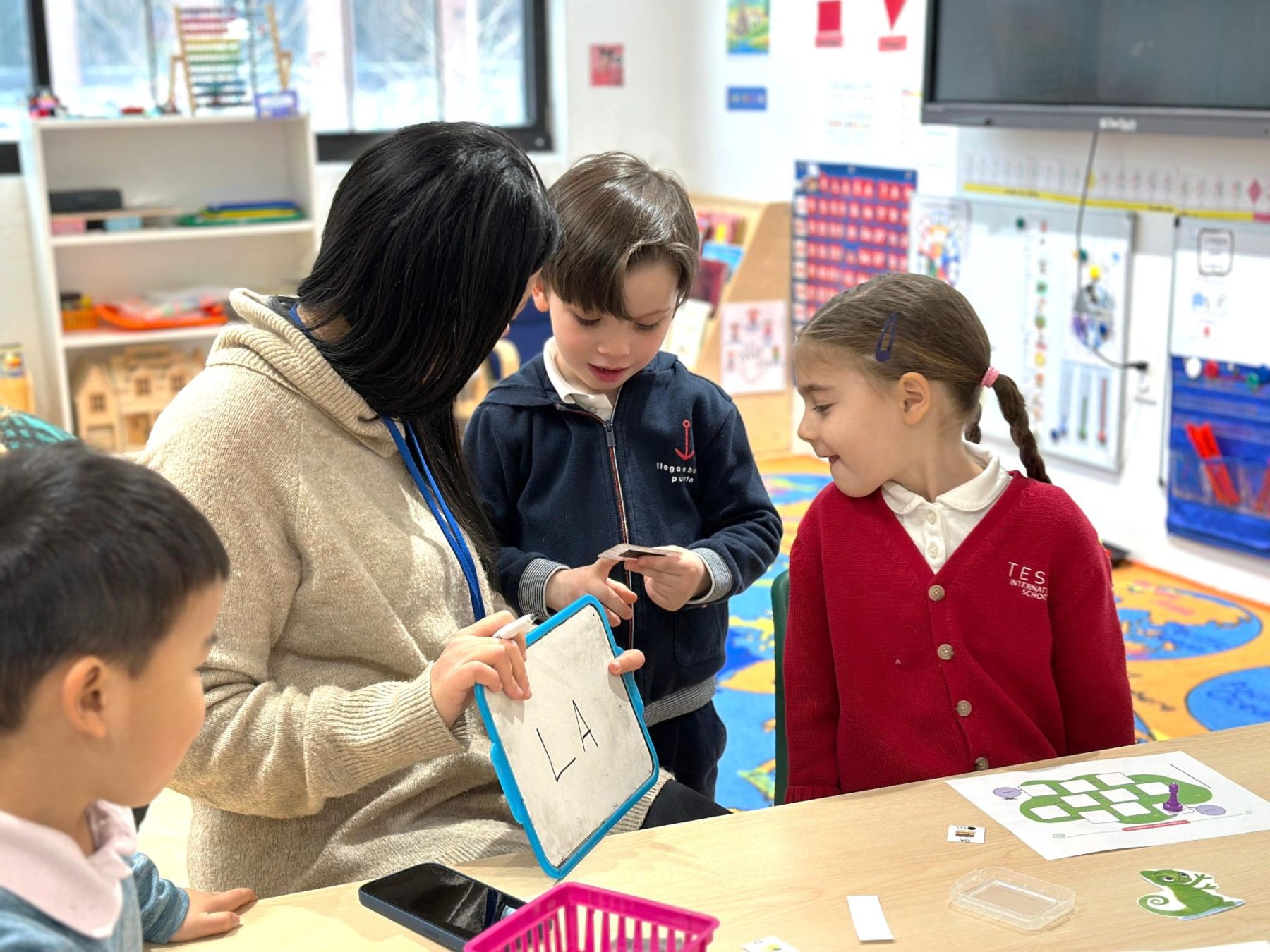
Preschool at our French international school prepares children to excel in kindergarten.
Our preschool program focuses on social-emotional development, prioritizing developing social skills, emotional regulation, and empathy. We emphasize cognitive growth through play-based learning and hands-on activities, encouraging critical thinking, problem-solving, and creativity.
Physical well-being is another key component, with activities and outdoor play incorporated to promote healthy development and motor skills. As an international school, we celebrate cultural diversity, encouraging children to appreciate and learn from different cultures.
By providing a holistic and nurturing preschool experience, we prepare our children not just for pre-K or kindergarten but for a lifetime of learning and discovery.
Choosing the right early childhood education program is crucial for your child’s development. Understanding the differences between preschool and pre-kindergarten can help you make an informed decision that best suits your child’s needs.
At Tessa International School, our preschool program offers a unique blend of play-based learning, language immersion, and cultural diversity, preparing children for academic success and global citizenship. If you want to learn more about our preschool program, we invite you to visit our campus and experience the Tessa difference.
Are you ready to explore one of the best Hoboken private schools?
Contact Tessa International School to learn more!
Frequently Asked Questions
Question: What is the best age to start preschool?
Answer: Preschool programs are for younger children between ages 2 and 3. The average age to start is three; however, this depends on the child.
Question: What’s the difference between preschool and pre-k?
Answer: Preschool programs are for younger children, usually between 2 and 4, while pre-K programs are for children 4 to 5.


